Anti Vegf Drugs
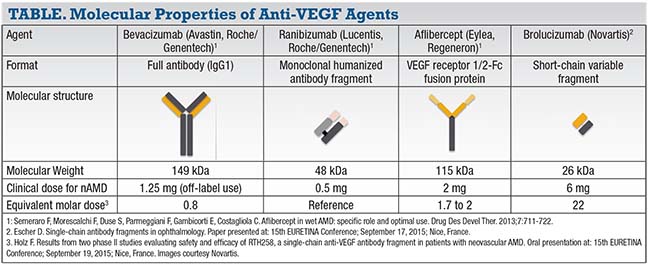
Targeting Unmet Needs In Namd Treatment

Treatment Of Rop With Anti Vegf Therapy A Chilean Perspective Retina Today

Ophthalmology Management September 19

Vascular Endothelial Growth Factor And Its Inhibitor In Age Related Macular Degeneration Wang X Ohji M Taiwan J Ophthalmol

Off Tumor Targets Compromise Antiangiogenic Drug Sensitivity By Inducing Kidney Erythropoietin Production Pnas

Anti Vascular Endothelial Growth Factor Vegf Treatment In Delhi
Intravitreal drug delivery has become the gold standard for treatment of many retinal diseases, including neovascular agerelated macular degeneration (AMD), diabetic retinopathy, and retinal vein occlusion The frequency of intravitreal injections has significantly increased since the introduction of antivascular endothelial growth factor (VEGF) medications .

Anti vegf drugs. Monoclonal antibodies from the antiVEGF drug series are widely used in ophthalmology;. The first antiangiogenic or antiVEGF medication used to treat wet AMD was Macugen (pegaptanid) It was FDA approved in 04 This eye injection was normally given every 6 weeks for up to two years New antiVEGF drugs have come on the market since 04 that have shown to be more effective, so Macugen is not used as frequently for wet AMD. Although antiVEGF medications made significant improvements in the treatment of nAMD, the high frequency of injections makes treatment difficult to sustain New antiVEGF treatments, new delivery systems, and gene therapy are exciting potential developments to help combat the treatment burden associated with current therapy.
In the studies for analytical determination, have been exposed These antiVEGF drugs present different charge and molecular weights, which play an important role in vitreous distribution and elimination The pharmacokinetic parameters that were collected differ depending on the species that were involved in the. Epidermal growth factor receptor (EGFR, also known as ErbB1 or HER1) inhibitors are medicines that bind to certain parts of the EGFR and slow down or stop cell growth. Anti–vascular endothelial growth factor therapy, also known as antiVEGF therapy or antiVEGF medication, is the use of medications that block vascular endothelial growth factor This is done in the treatment of certain cancers and in agerelated macular degeneration.
Multiple antiVEGF drugs are available to treat AMD, but four are commonly used for the condition Three of these, ranibizumab (brand name Lucentis®), aflibercept (brand name Eylea®) and brolucizumab (brand name Beovu®), were designed specifically for the treatment of AMD. Conbercept (Lumitin, Chengdu Kang Hong Biotech) is an antiVEGF agent that has been approved in China for treatment of neovascular AMD Its chemical structure differs slightly from that of agents available in the United States, potentially providing a therapeutic advantage in the treatment of neovascular AMD. Dr Wykoff believes the antiVEGF drug a patient is treated with it less important than the treatment regimen “No matter which drug is being used, the goal should be to achieve and maintain a dry retina,” he says “Patients need to be treated on an individual basis If they have fluid, they need to be treated aggressively.
AntiVEGF drugs Drugs which bind to VEGF receptors without causing activation, thus blocking the production of new blood vessels and enhanced vessel permeability by the vascular endothelial growth factor (VEGF). Angiogenesis inhibitors interfere in several ways with various steps in blood vessel growth Some are monoclonal antibodies that specifically recognize and bind to VEGF When VEGF is attached to these drugs, it is unable to activate the VEGF receptor. AntiVEGF intravitreal injection treatment This leaflet is written for patients who might have treatment with antiangiogenic (antiVEGF) drugs via an injection into the eye This treats certain retinal conditions which cause abnormal blood vessels to grow and leak under the retina.
In 04, pegatinib (Macugen) was the first antiVEGF agent approved for intravitreal injection for the treatment of neovascular agerelated macular degeneration. AntiVEGF therapy has become the standard of care for a host of intraocular vascular diseases Eylea, Lucentis and the offlabel use of Avastin are providing patients effective treatment and the ability to receive alternative treatment options during management (Table 1). AntiVEGF treatment AntiVEGF treatments are a group of medicines which reduce new blood vessel growth (neovascularisation) or oedema (swelling) AntiVEGF medicines can be used to treat a number of eye conditions that cause new blood vessel growth or swelling under the macular area of your retina, at the back of the eyes.
Scientists have developed several new drugs that can block the troublecausing VEGF known as “antiVEGF” drugs They help block abnormal blood vessels, slow their leakage, and help reduce vision loss. AntiVEGF Usage AntiVEGF (antivascular endothelial growth factor) agents are designed to reduce the growth of new blood vessels and swelling in the eye They are commonly used to treat a variety of conditions, including wet agerelated macular degeneration (nAMD), diabetic macular edema (DME) and retinal vein occlusion (RVO). The concept is very simple a monoclonal antibody means that it is an.
This drug has now advanced to phase 2b clinical trials Combination Drugs Cosopt ® (Dorzolamidetimolol) and AntiVEGF Drugs Since VEGF isn’t the only protein that signals harmful blood vessels to grow and leak in wet AMD, several drugs targeting additional proteins are being tested in combination with antiVEGFs. AntiVEGF Drugs for Adults Vascular endothelial growth factor, or VEGF, is a protein that stimulates the growth of new blood vessels Ophthalmologists administer intravitreal antiVEFG agents to adults for a variety of indications These include Avastin, BEOVU, Lucentis, and Eylea. Because of their ability to reduce edema and new blood vessel growth in the back of the eye, antivascular endothelial growth factor (antiVEGF) medications are used to treat a number of retinarelated conditionsThese include wet (or neovascular) agerelated macular degeneration (AMD), diabetic macular edema (DME), retinal vein occlusion (RVO), and choroidal neovascularization (CNV).
In the study, subjects were given one of the antiVEGF drugs Avastin (bevacizumab) or Lucentis (ranibizumab) The assigned drug was injected into the jellylike substance that fills the back of the eye on a monthly or asneeded basis (seven to nine times per year, on average). Angiogenesis inhibitors interfere in several ways with various steps in blood vessel growth Some are monoclonal antibodies that specifically recognize and bind to VEGF When VEGF is attached to these drugs, it is unable to activate the VEGF receptor. There are several different antiVEGF drugs, including bevacizumab (Avastin®), ranibizumab (Lucentis®), aflibercept (Eylea®), and brolucizumab (Beovu®).
AntiVEGF Drugs in the T reatment of Multiple Myeloma Patients Roberto Ria *, Assunta Melaccio, Vito Racanelli and Angelo V acca Department of Biomedical Sciences and Human Oncology, Section of. The most common and effective treatment for wet agerelated macular degeneration (wet AMD) is called antiVEGF therapy Your doctor gives you this therapy through an injection directly into your. Dr Johnson agrees that a doctor injecting antiVEGF drugs should be capable of managing the complications of any procedure he or she performs “Of course, the most concerning complication would be endophthalmitis, and I’m very capable of doing a vitreous tap and antibiotic injection, if needed,” she says.
This process can be slowed or stopped by injecting drugs into the eye that bind and inhibit VEGF Currently, four drugs are used to treat wet AMD brolucizumab (Beovu®), aflibercept (Eylea®), ranibizumab (Lucentis®), and pegaptanib sodium (Macugen®). AntiVEGF drugs If you have diabetic retinopathy or DME, a protein called VEGF increases problems like leaking blood vessels and swelling in the macula (a part of the retina) Medicines called antiVEGF drugs block this protein and help improve vision Common antiVEGF drugs include. Other names antiEGFR, epidermal growth factor receptor inhibitors, erbB1, HER1 What are EGFR inhibitors?.
Although antiVEGF medications made significant improvements in the treatment of nAMD, the high frequency of injections makes treatment difficult to sustain New antiVEGF treatments, new delivery systems, and gene therapy are exciting potential developments to help combat the treatment burden associated with current therapy. AntiVEGF therapies have dramatically altered the management of ROP and have also been shown to be beneficial with regard to the visual prognosis of patients with ROP, but patients so treated. There are three main types of antiVEGF drugs in use aflibercept (Eyelea TM), bevacizumab (Avastin) and ranibizumab (Lucentis TM) Only aflibercept and ranibizumab have received marketing authorisation for the treatment of DMO All three drugs are used to prevent visual loss and improve vision.
This study specially analyses the impact of Covid19 outbreak on the Antivascular Endothelial Growth Factor (AntiVEGF) Drugs, covering the supply chain analysis, impact assessment to the Antivascular Endothelial Growth Factor (AntiVEGF) Drugs market size growth rate in several scenarios, and the measures to be undertaken by Antivascular Endothelial Growth Factor (AntiVEGF) Drugs companies in response to the COVID19 epidemic. AntiVEGF Drugs for Adults Vascular endothelial growth factor, or VEGF, is a protein that stimulates the growth of new blood vessels Ophthalmologists administer intravitreal antiVEFG agents to adults for a variety of indications These include Avastin, BEOVU, Lucentis, and Eylea. The antiVEGF drugs act precisely at this point in the chain of these events, therefore they are monoclonal antibodies that act on VEGF, which is the growth factor of the endothelial cells of the vessels, therefore, practically block the vasoproliferation and are a very powerful weapon that we have at our disposal, extremely widespread in the.
Scientists have developed several new drugs that can block the troublecausing VEGF known as “antiVEGF” drugs They help block abnormal blood vessels, slow their leakage, and help reduce vision loss. AntiVEGF Usage AntiVEGF (antivascular endothelial growth factor) agents are designed to reduce the growth of new blood vessels and swelling in the eye They are commonly used to treat a variety of conditions, including wet agerelated macular degeneration (nAMD), diabetic macular edema (DME) and retinal vein occlusion (RVO). This drug is offers a higher fluid resolution as compared with aflibercept along with the ability to keep eligible patients on a 3month long dosing interval after a 3month loading phase with uncompromised efficacy, and is the first FDA approved antiVEGF to do so Introduction to VEGF Inhibitor Drugs.
Drugscom provides accurate and independent information on more than 24,000 prescription drugs, overthecounter medicines and natural products This material is provided for educational purposes only and is not intended for medical advice, diagnosis or treatment Data sources include IBM Watson Micromedex (updated 6 Jan 21), Cerner Multum™ (updated 4 Jan 21), ASHP (updated 6 Jan 21. This finding, published in the November 3, 08 PLoS ONE, holds implications for the chronic use of promising new antiVEGF drugs such as Lucentis, which eliminate abnormal and damaging blood vessel growth and leakage in the retina by neutralizing VEGF. Drugs in the Literature Currently, several antiVEGF agents are available and each have pros and cons While optometrists don’t make the decision about which agent to inject, a robust understanding of the various agents available may help illuminate the patient’s experience.
AntiVEGF Therapy This is the most likely treatment your doctor will recommend Your body makes a protein called vascular endothelial growth factor (VEGF) It helps you make new blood vessels. “Whether antiVEGF drugs influence the development or progression of macular atrophy is still unclear,” says Charles Wykoff, MD, PhD, codirector of the Greater Houston Retina Research Foundation. This review focuses on 5 new antiVEGF drugs in the advanced stage of clinical development (ie, phase 3) conbercept, brolucizumab, port delivery system with ranibizumab, abicipar pegol and faricimab Results of clinical trials and the advantages of each drug compared to the available molecules are discussed in detail.
The first antiangiogenic or antiVEGF medication used to treat wet AMD was Macugen (pegaptanid) It was FDA approved in 04 This eye injection was normally given every 6 weeks for up to two years New antiVEGF drugs have come on the market since 04 that have shown to be more effective, so Macugen is not used as frequently for wet AMD. Dr Johnson agrees that a doctor injecting antiVEGF drugs should be capable of managing the complications of any procedure he or she performs “Of course, the most concerning complication would be endophthalmitis, and I’m very capable of doing a vitreous tap and antibiotic injection, if needed,” she says. The technique involved in.
This process can be slowed or stopped by injecting drugs into the eye that bind and inhibit VEGF Currently, four drugs are used to treat wet AMD brolucizumab (Beovu®), aflibercept (Eylea®), ranibizumab (Lucentis®), and pegaptanib sodium (Macugen®). BOSTON — A new antivascular endothelial growthfactor (VEGF) drug, OPT302 (Opthea), appears to be safe and shows signs of effectiveness in the treatment of neovascular agerelated macular. AntiVEGF Therapy This is the most likely treatment your doctor will recommend Your body makes a protein called vascular endothelial growth factor (VEGF) It helps you make new blood vessels.
AntiVEGF medicine blocks VEGF, slowing the growth of blood vessels in the eye This slows or stops damage from the abnormal blood vessels and slows down vision loss Sometimes it can even improve vision Ophthalmologists use antiVEGF medicines to treat the following eye problems. BOSTON — A new antivascular endothelial growthfactor (VEGF) drug, OPT302 (Opthea), appears to be safe and shows signs of effectiveness in the treatment of neovascular agerelated macular. Vascular endothelial growth factor (VEGF)/ vascular endothelial growth factor receptor (VEGFR) inhibitors are agents that inhibit the activity of VEGF and VEGFR VEGR and VEGFR (a tyrosine kinase receptor) signaling modulates angiogenesis, which involves making of new blood vessels from existing blood vessels.
While laser therapy was the goto treatment for diabetic macular edema less than a decade ago, the new first line of defense is antiVEGF medications How they work VEGF stands for vascular.

Current Anti Vegf Agents On Retinal Diseases Download Table

Iop And Anti Vegf Drugs What We Know So Far

Community Eye Health Journal Use Of Anti Vegf Drugs At The Instituto De La Vision De Montemorelos
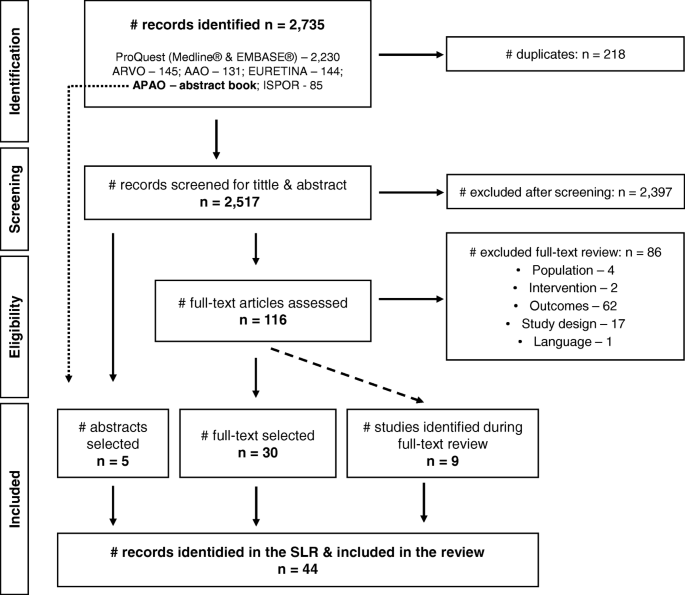
Anti Vascular Endothelial Growth Factor In Neovascular Age Related Macular Degeneration A Systematic Review Of The Impact Of Anti Vegf On Patient Outcomes And Healthcare Systems Bmc Ophthalmology Full Text

High Variation Of Intravitreal Injection Rates And Medicare Anti Vascular Endothelial Growth Factor Payments Per Injection In The United States Ophthalmology

Pdf Pharmacokinetics Of Intravitreal Anti Vegf Drugs In Age Related Macular Degeneration Semantic Scholar

Long Term Anti Vegf Effect Six Questions Answered

Ready To Use Potency Assays For Anti Vegf Drugs Like Bevacizumab Ranibizumab Aflibercept Youtube

Novel Therapeutic Targets In Diabetic Macular Edema Beyond Vegf Sciencedirect
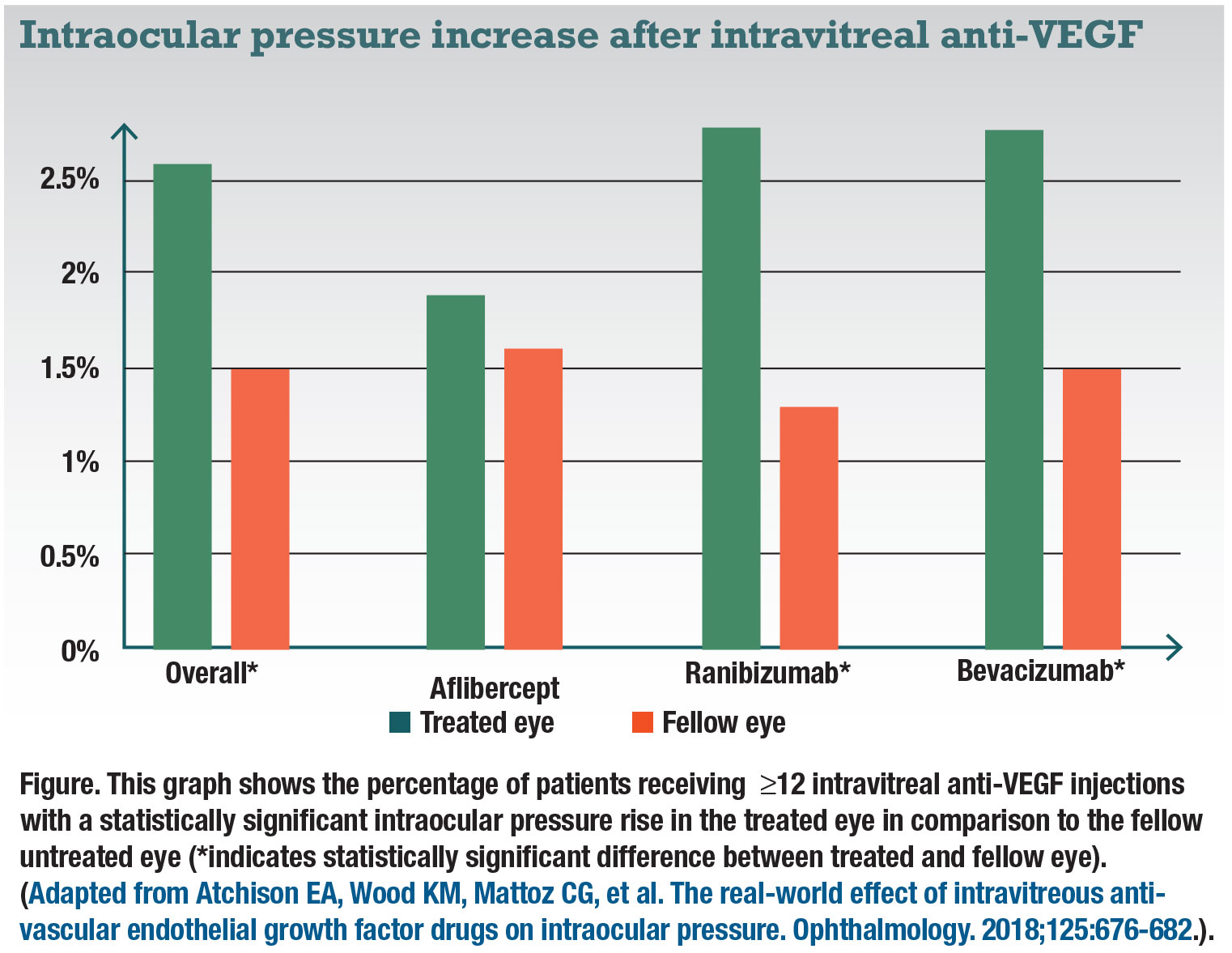
Iop And Anti Vegf Drugs What We Know So Far

How Have Intravitreal Anti Vegf And Dexamethasone Implant Been Used In Italy A Multiregional Population Based Study In The Years 10 16

Anti Vegf Molecular Targeted Therapies In Common Solid Malignancies Comprehensive Update For Radiologists Radiographics

Emerging Treatments For Neovascular Amd Retina Today
Www Cadth Ca Sites Default Files Pdf Tr0009 Anti Vegf In Brief E Pdf
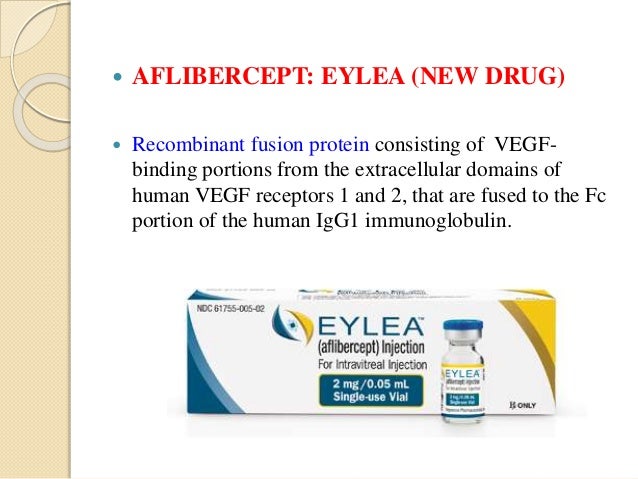
Anti Vegf S In Ophthalmology

Figure 1 From Current Perspectives On The Use Of Anti Vegf Drugs As Adjuvant Therapy In Glaucoma Semantic Scholar
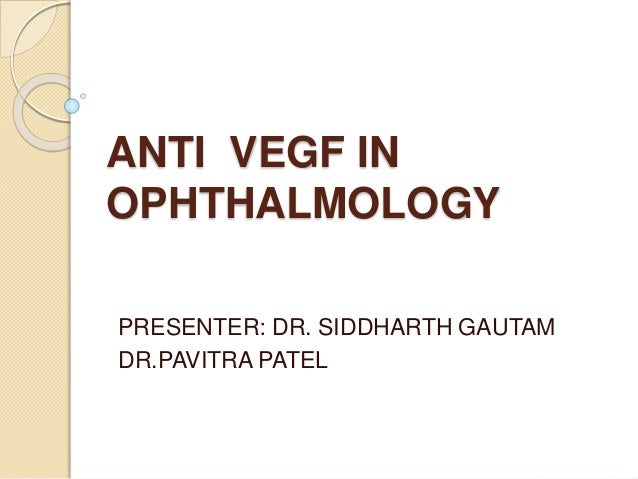
Anti Vegf S In Ophthalmology

Fighting Blindness Canada Are You Aware Of What An Anti Vegf Drug Is And How It Is Used In Treatments For Not Only Age Related Macular Degeneration But It Also Helps Slow

A Meta Analysis Of The Effect Of A Dexamethasone Intravitreal Implant Versus Intravitreal Anti Vascular Endothelial Growth Factor Treatment For Diabetic Macular Edema Bmc Ophthalmology Full Text

Pdf Clinical Pharmacology Of Intravitreal Anti Vegf Drugs Semantic Scholar
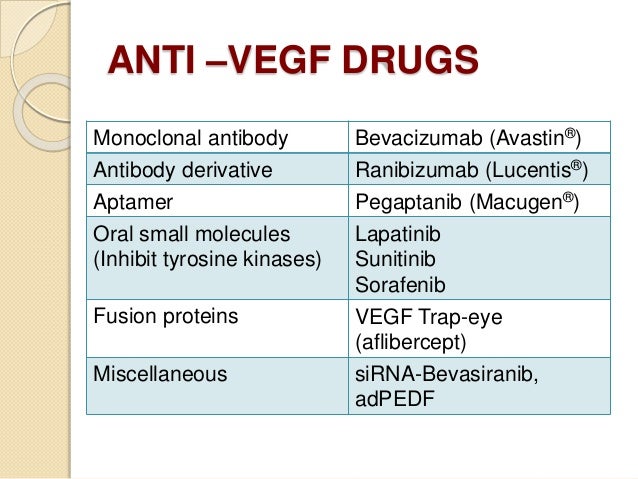
Anti Vegf S In Ophthalmology

Fda Approved Anti Vegf Drugs Name Type Download Table
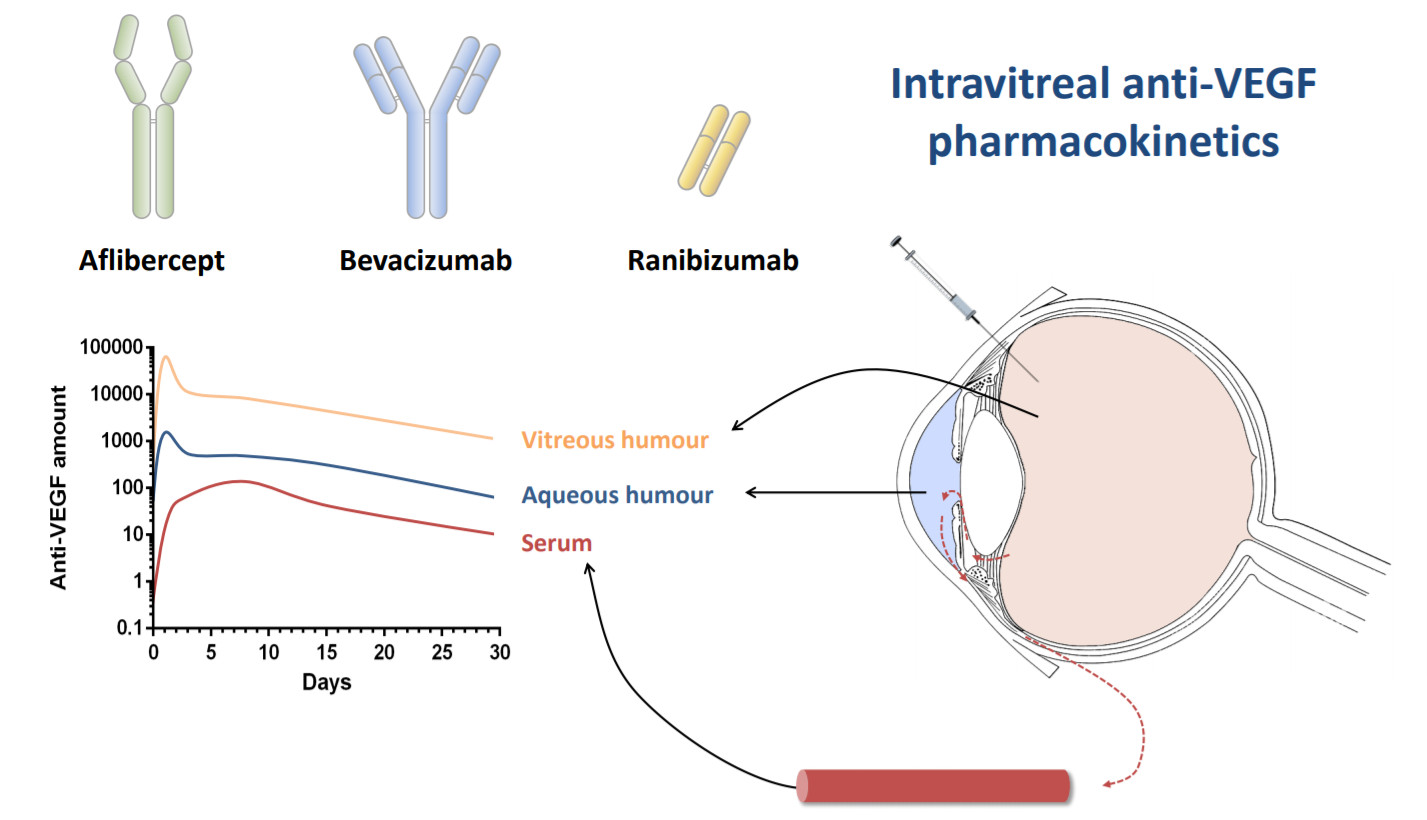
Pharmaceutics Free Full Text Pharmacokinetics Of Intravitreal Anti Vegf Drugs In Age Related Macular Degeneration Html

Nhs Wins Case To Prescribe Cheaper Ophthalmology Drug

Anti Vegf Letter Improvement

Full Text Resistance To Anti Vegf Therapy In Neovascular Age Related Macular Deg Dddt

Review Of Neovascular Age Related Macular Degeneration Treatment Options Ajmc

Ophthalmology Management October

Retinal Physician Treatment Of Retinal Vein Occlusion
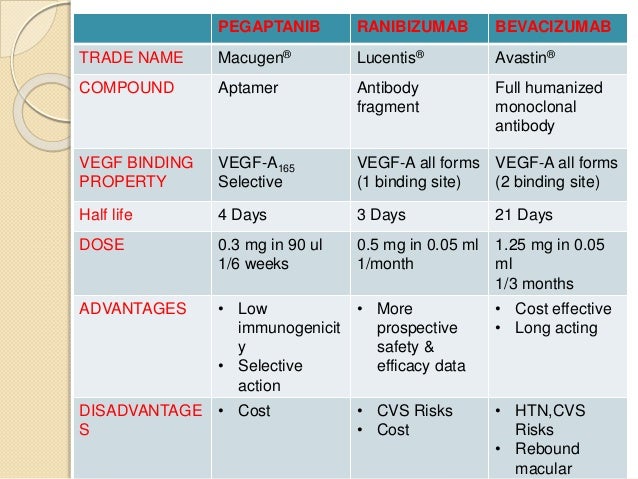
Anti Vegf Facts Myths

Anti Vegf Agents Available For The Treatment Of Amd Download Table
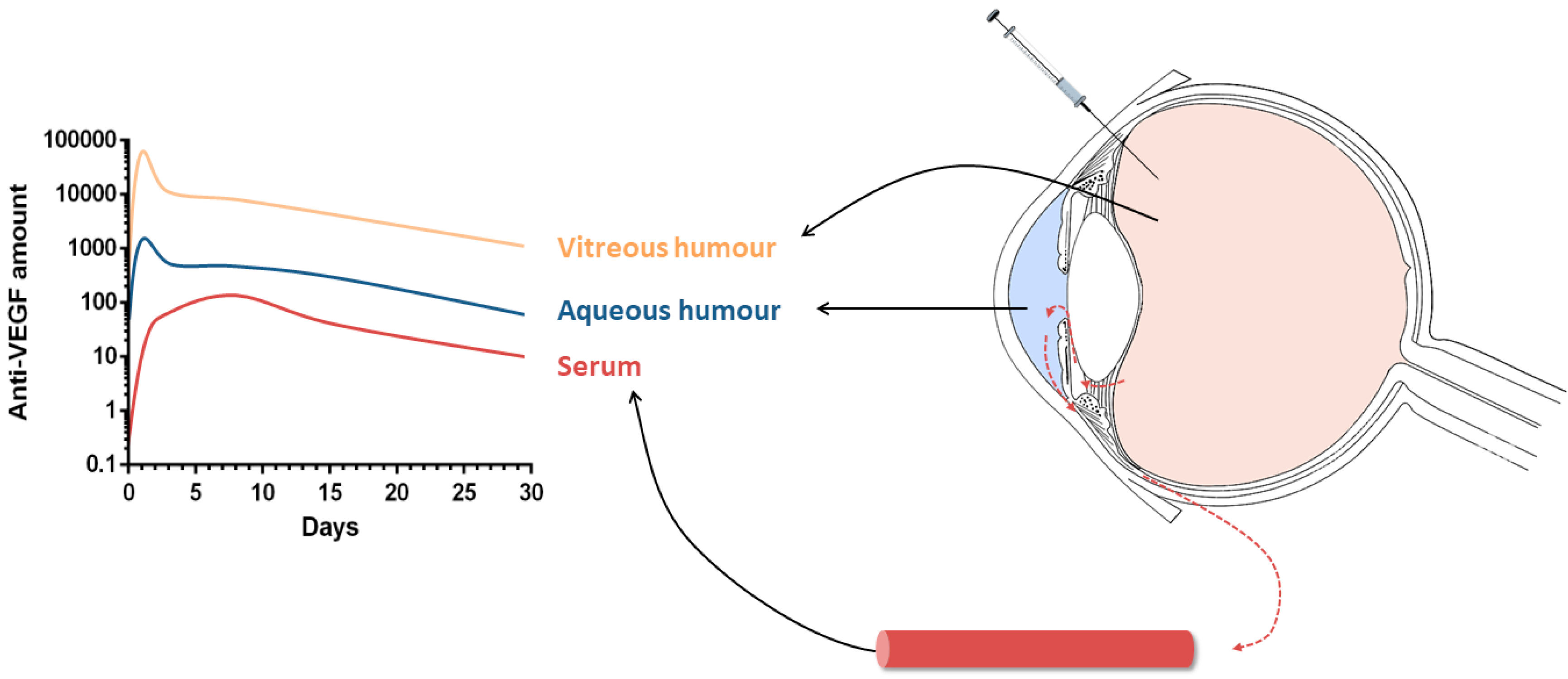
Pharmaceutics Free Full Text Pharmacokinetics Of Intravitreal Anti Vegf Drugs In Age Related Macular Degeneration Html
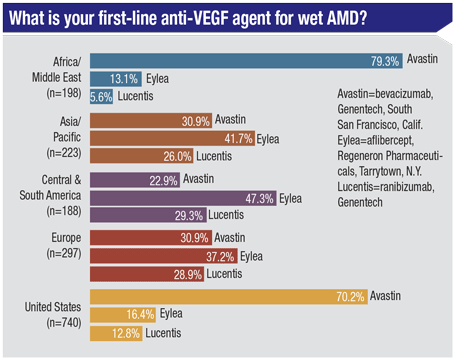
Anti Vegf 19 The State Of The Art

Off Tumor Targets Compromise Antiangiogenic Drug Sensitivity By Inducing Kidney Erythropoietin Production Pnas

Using The Past To Inform The Future Anti Vegf Therapy As A Road Map To Develop Novel Therapies For Diabetic Retinopathy Diabetes
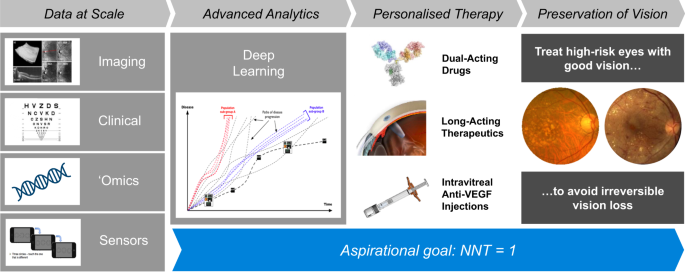
Building On The Success Of Anti Vascular Endothelial Growth Factor Therapy A Vision For The Next Decade Eye
Cost Comparison Table Of Anti Vegf Therapies For Wamd Aflibercept Eylea Ncbi Bookshelf
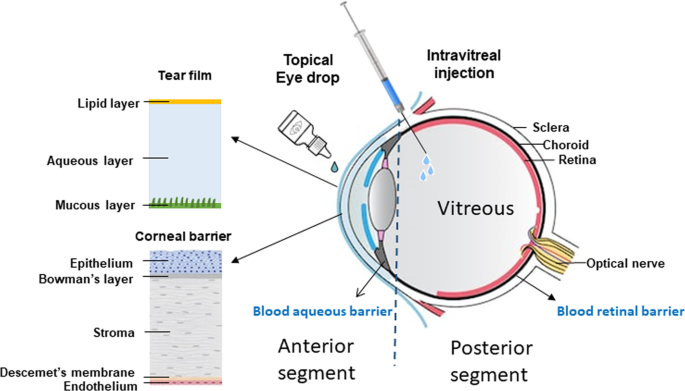
Use Of Biomaterials For Sustained Delivery Of Anti Vegf To Treat Retinal Diseases Eye

Anti Vegf Therapy Identifying Safety Trends Ophthalmology Times

Pdf Systemic Thromboembolic Adverse Events In Patients Treated With Intravitreal Anti Vegf Drugs For Neovascular Age Related Macular Degeneration

Drugs To Treat Diabetic Retinopathy
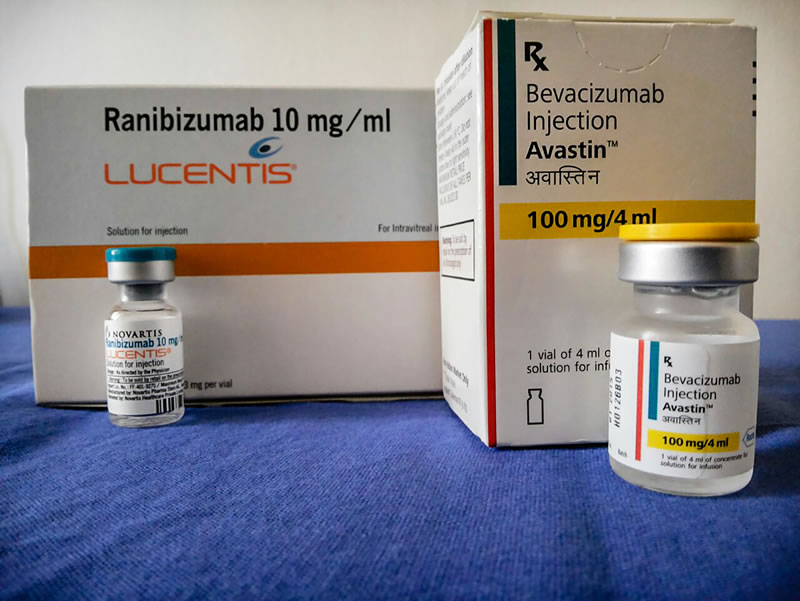
Community Eye Health Journal Anti Vegf Drugs Evidence For Effectiveness

Intravitreal Injection Of Vegf Inhibitors Impact Of Drug Containers Ondrugdelivery
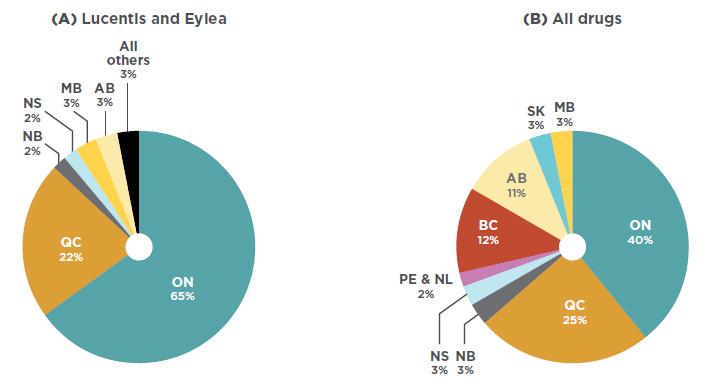
Market Intelligence Report Anti Vegf Drugs For Retinal Conditions 17
Expensive Drugs American Academy Of Ophthalmology

Novel Therapeutic Targets In Diabetic Macular Edema Beyond Vegf Sciencedirect
Q Tbn And9gcr7snpbnvnz3pzl Dzjkzi4vqh2v4a4phxxg Xjhpmqppepytyl Usqp Cau
Q Tbn And9gcr W5 A8a2d4txsp8k77tase54pfjqaz2jm3 9s4 Oo7d8b Efb Usqp Cau

Updates On Anti Vegf Therapy Improving Durability And Predicting Response Ppt Download

Full Text Anti Vegf Treatment For Myopic Choroid Neovascularization From Molecu Dddt

Anti Angiogenic And Anti Scarring Dual Action Of An Anti Fibroblast Growth Factor 2 Aptamer In Animal Models Of Retinal Disease Molecular Therapy Nucleic Acids

Eyes On Eylea And Lucentis 3m Inside Angle

Retinal Physician Fine Tuning Your Anti Vegf Injection Protocols
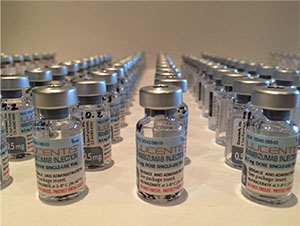
Anti Vegf Everywhere But Not A Drop To Use
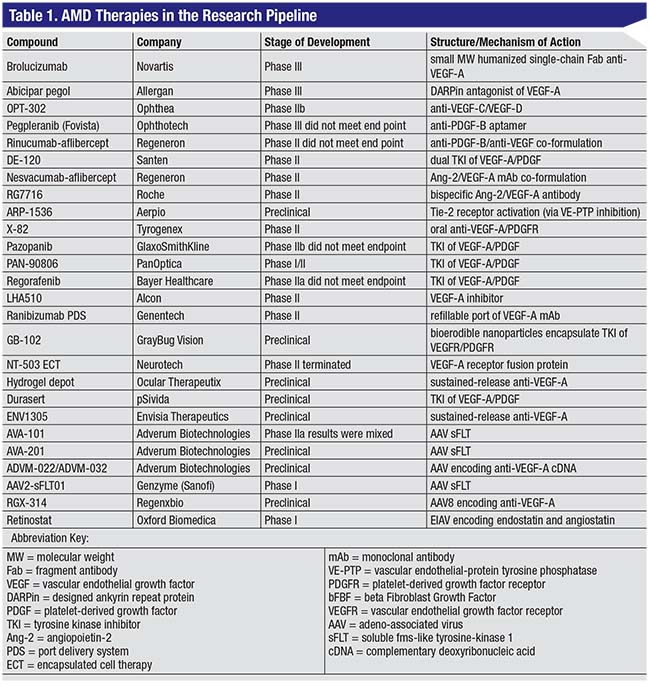
Addressing The Anti Vegf Treatment Burden

What Is The Evidence For Systemic Effects Of Intravitreal Anti Vegf Agents And Should We Be Concerned British Journal Of Ophthalmology
Introduction And Rationale Anti Vascular Endothelial Growth Factor Drugs For Retinal Conditions A Therapeutic Review Ncbi Bookshelf
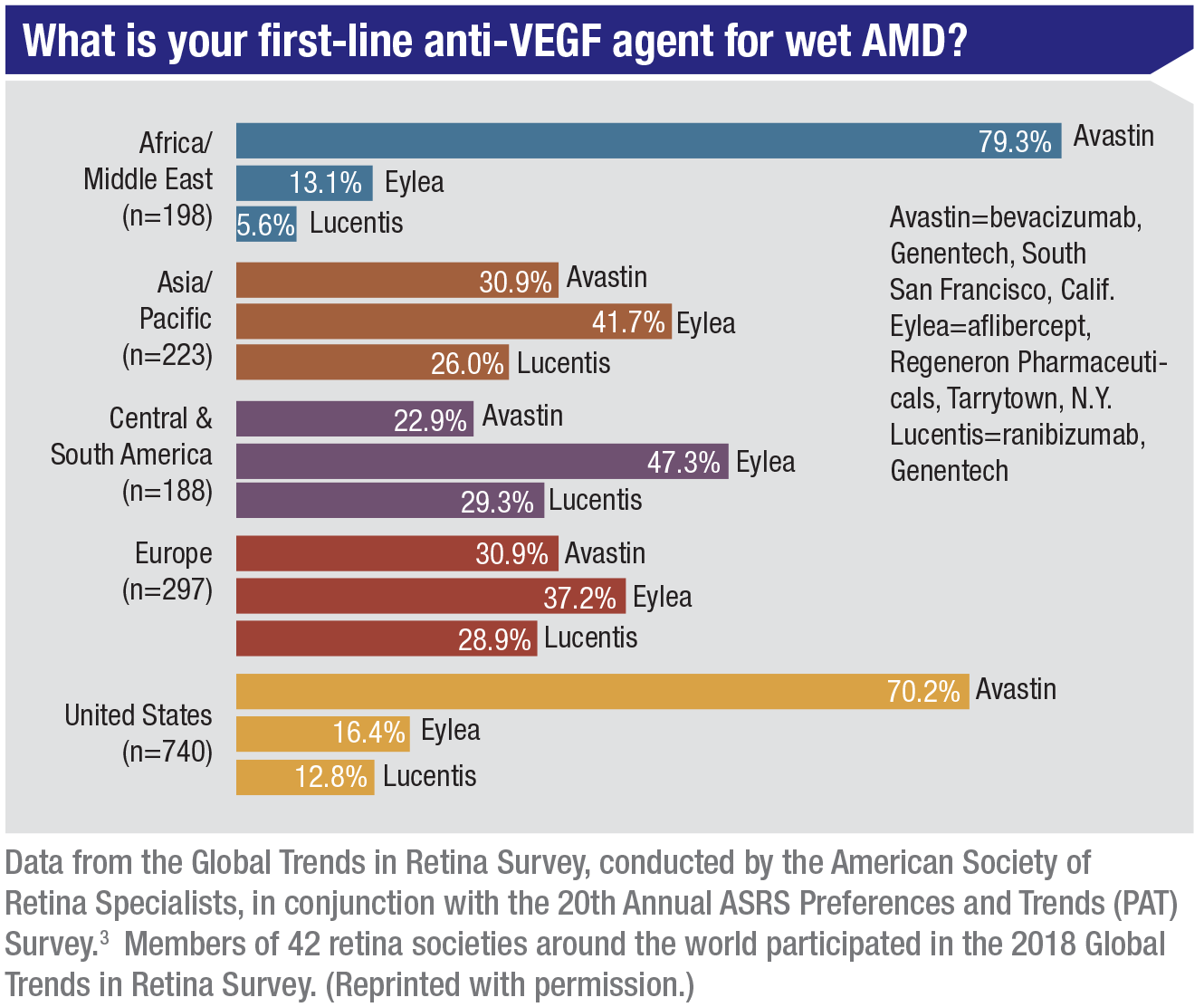
Anti Vegf 19 The State Of The Art
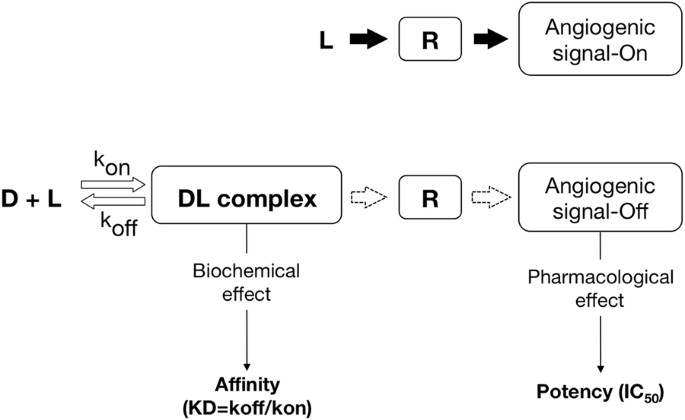
Clinical Pharmacology Of Intravitreal Anti Vegf Drugs Eye
Www Uhcw Nhs Uk Download Clientfiles Files Patient information leaflets Surgical services Ophthalmology Treatment Of Wet Age Related Macular Degeneration Wet Amd Lucentis Versus Avastin Versus Eylea Pdf
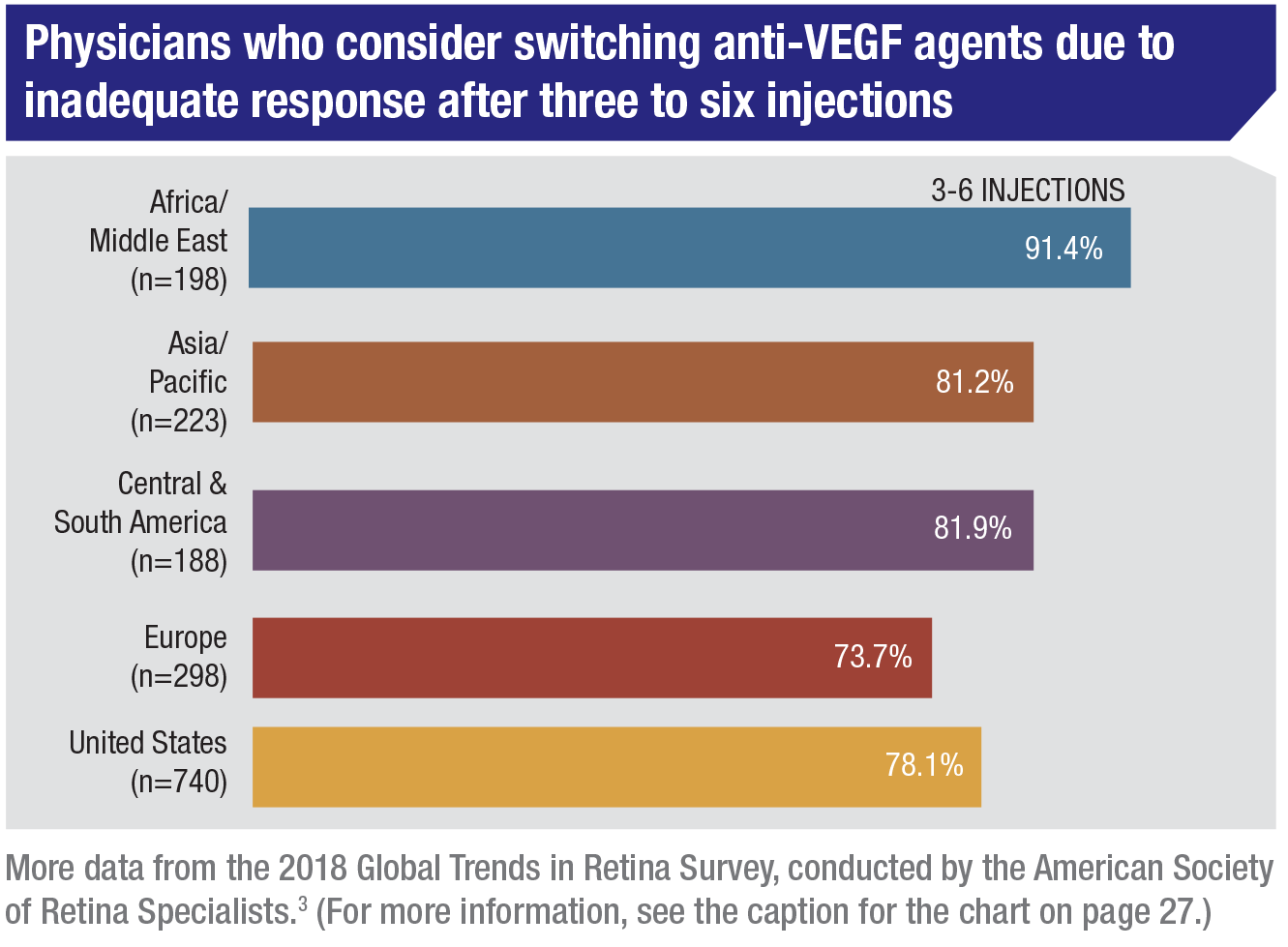
Anti Vegf 19 The State Of The Art

Full Text Anti Vegf Treatment For Myopic Choroid Neovascularization From Molecu Dddt

3 Factors Impacting Uptake Of Anti Vegf Agents For Wet Amd In China Brazil And Mexico Downloads Drg
Treat And Extend Strategy Is There A Consensus American Academy Of Ophthalmology
Iovs Arvojournals Org Arvo Content Public Journal Iovs 9369 I1552 57 58 5 2578 Pdf
Q Tbn And9gcqi6j0gzpzcoef2u0s64zyvg5avvrvcric4adb9sjvwkhs4zlwo Usqp Cau

Vegf Targeted And Anti Vegf Drugs Download Scientific Diagram

Why Timing Is Everything In Amd Modern Retina

Thousands At Risk Of Blindness Set To Benefit From A New Eye Drug Live Daily News 24x7
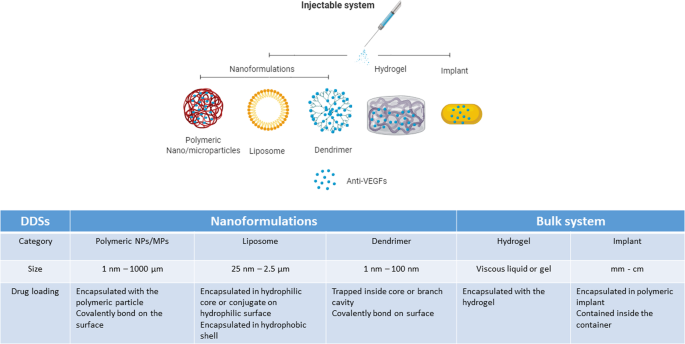
Use Of Biomaterials For Sustained Delivery Of Anti Vegf To Treat Retinal Diseases Eye

Aflibercept Shows Promise As A Game Changer For Patients With Age Related Macular Degeneration Mayo Clinic
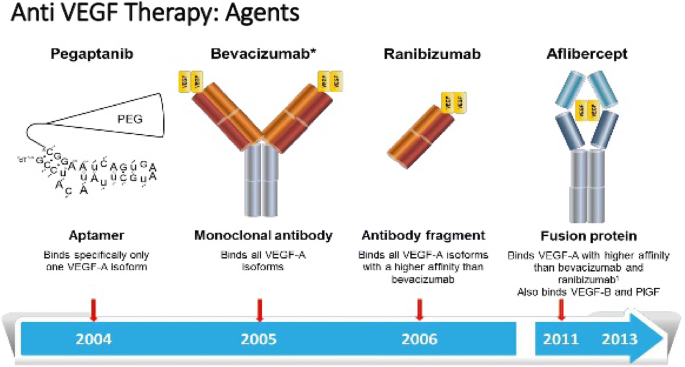
Intravitreal Anti Vegf Agents And Cardiovascular Risk Springerlink

Anti Vegf Facts Myths

Eyeworld Expanding Indications For The Use Of Anti Vegf Drugs

The Role Of Vegf And Egfr Inhibition Implications For Combining Anti Vegf And Anti Egfr Agents Molecular Cancer Research

The Role Of Vegf And Egfr Inhibition Implications For Combining Anti Vegf And Anti Egfr Agents Molecular Cancer Research

Treatment Of Rop With Anti Vegf Therapy A Chilean Perspective Retina Today

Ocular Anti Vegf Therapy For Diabetic Retinopathy The Role Of Vegf In The Pathogenesis Of Diabetic Retinopathy Diabetes Care
Q Tbn And9gcsu4pxhdoat3fl8bahiqxfiurjezb8mxqfqcz2kjccc2hkbjkp3 Usqp Cau

Wet Age Related Macular Degeneration Treatment Advances To Reduce The Injection Burden Ajmc

The Real World Effect Of Intravitreous Anti Vegf Drugs On Iop An Analysis Using The Iris Registry Modern Retina

Ashu Laser Vision
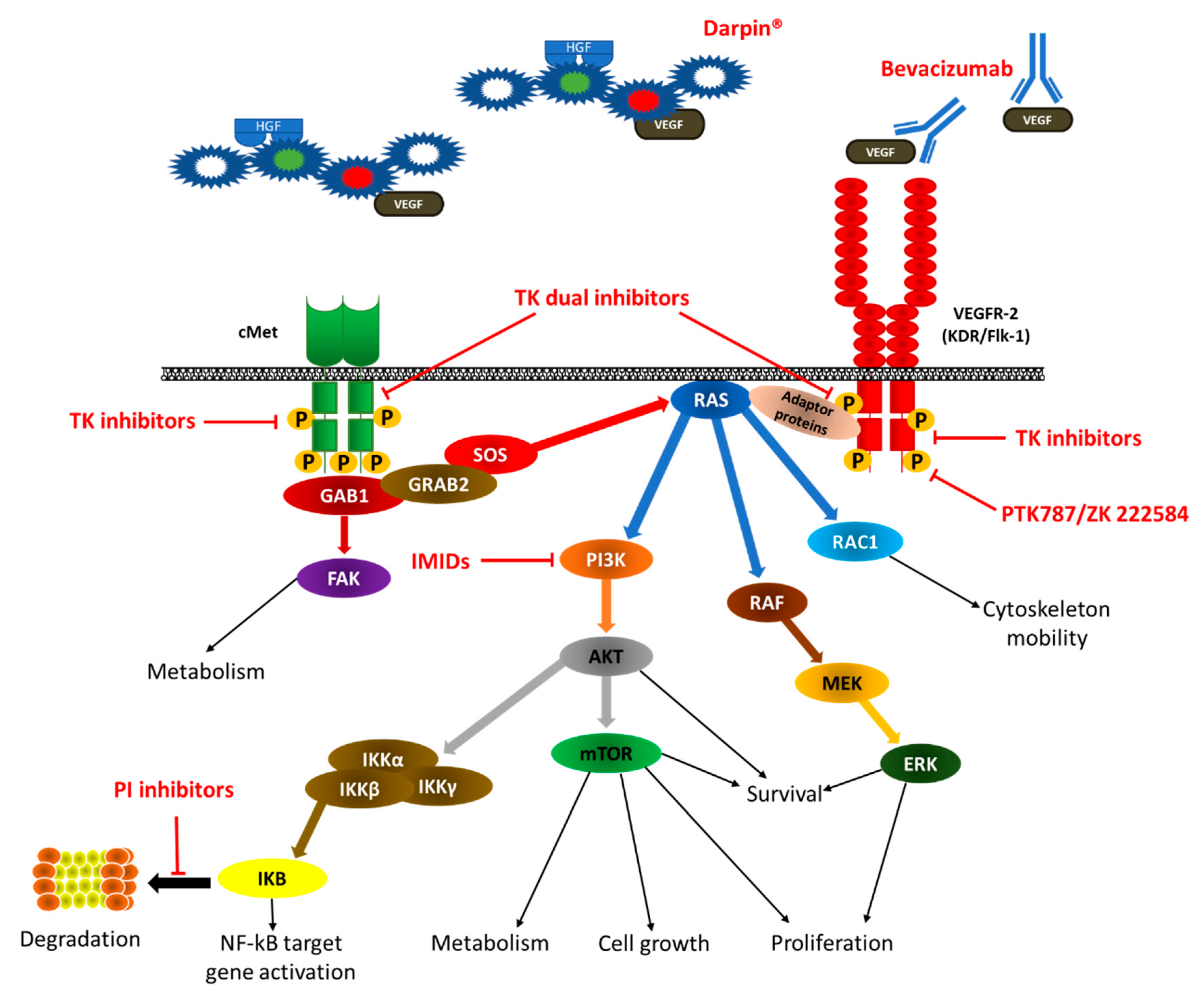
Jcm Free Full Text Anti Vegf Drugs In The Treatment Of Multiple Myeloma Patients Html
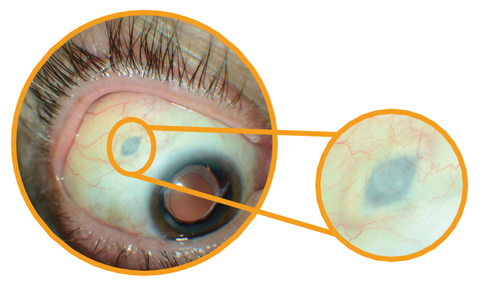
Breaking The Burden A New Way To Deliver Anti Vegf

Intravitreal Anti Vegf Drug Delivery Systems For Age Related Macular Degeneration Sciencedirect
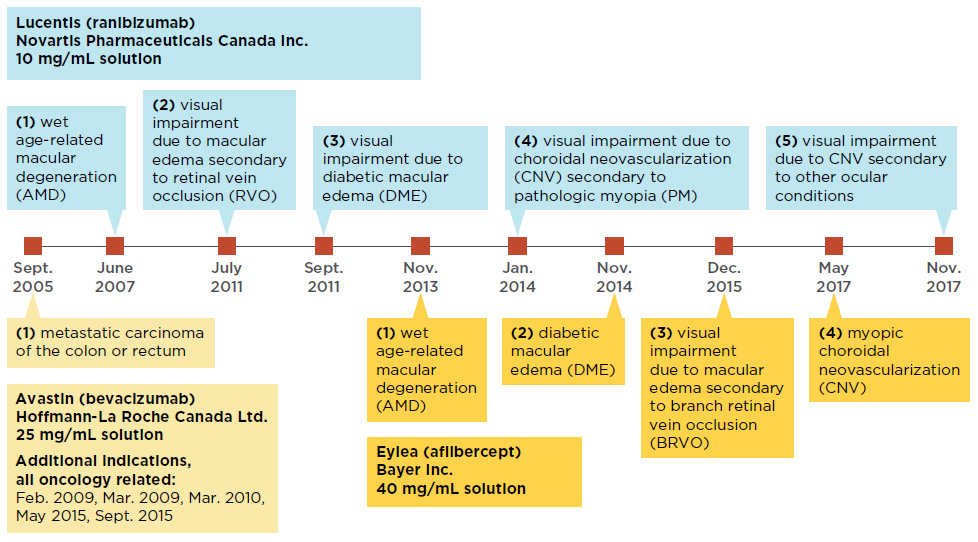
Market Intelligence Report Anti Vegf Drugs For Retinal Conditions 17

Cochrane Neonatal Updated Cochrane Neonatal Review Published Anti Vascular Endothelial Growth Factor Vegf Drugs For Treatment Of Retinopathy Of Prematurity Check It Out At T Co 94dbf0uotk Cochraneevidence Neonates
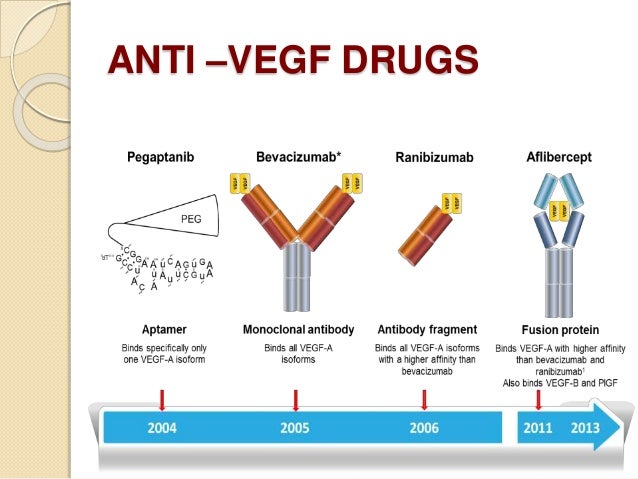
Anti Vegf Facts Myths

Anti Vegf Treatments Visual Surgery
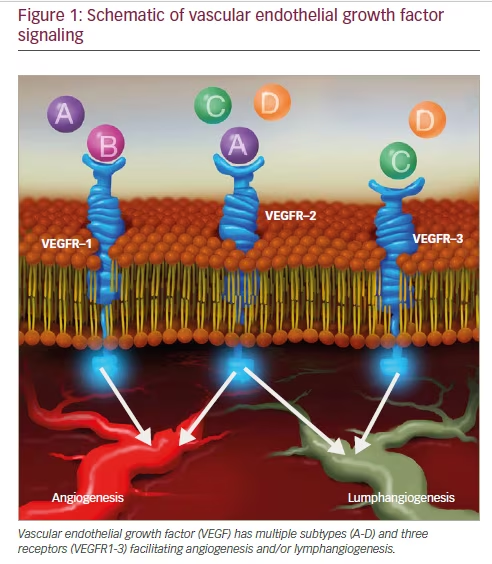
The Role Of Anti Vascular Endothelial Growth Factor Agents In The Management Of Retinopathy Of Prematurity Touchophthalmology

Optimizing The Delivery Of Cancer Drugs That Block Angiogenesis Science Translational Medicine
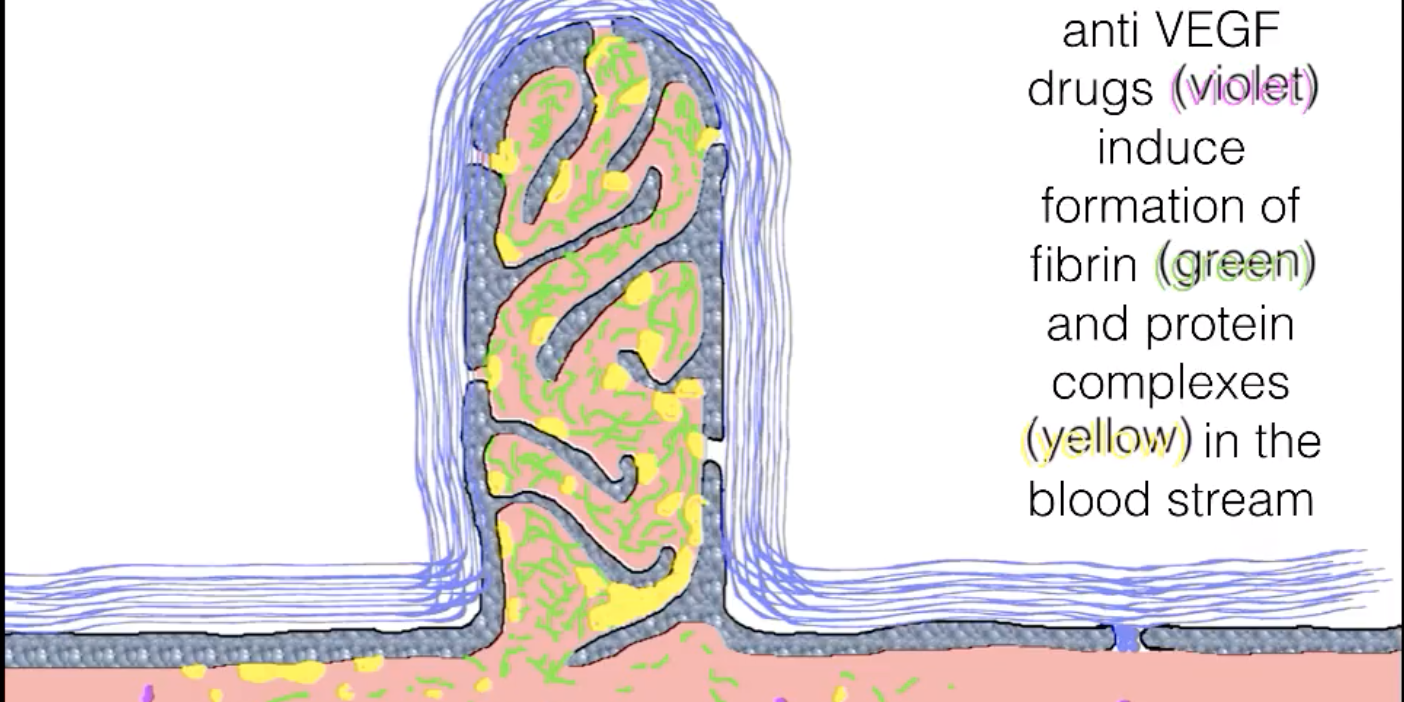
What Is The Mode Of Action Of Anti Vascular Endothelial Growth Factor Drugs In Wet Amd Ocutox

Role Of Anti Vegf Drugs In Therapeutic Approach To Idiopathic Polypoidal Choroidal Vasculopathy Evrs

Angiogenesis Inhibitor Wikipedia

Ocular Anti Vegf Therapy For Diabetic Retinopathy The Role Of Vegf In The Pathogenesis Of Diabetic Retinopathy Diabetes Care

Full Text Resistance To Anti Vegf Therapy In Neovascular Age Related Macular Deg Dddt

Use Of Anti Vegf Drugs In Retinal Vein Occlusions Bentham Science
2



